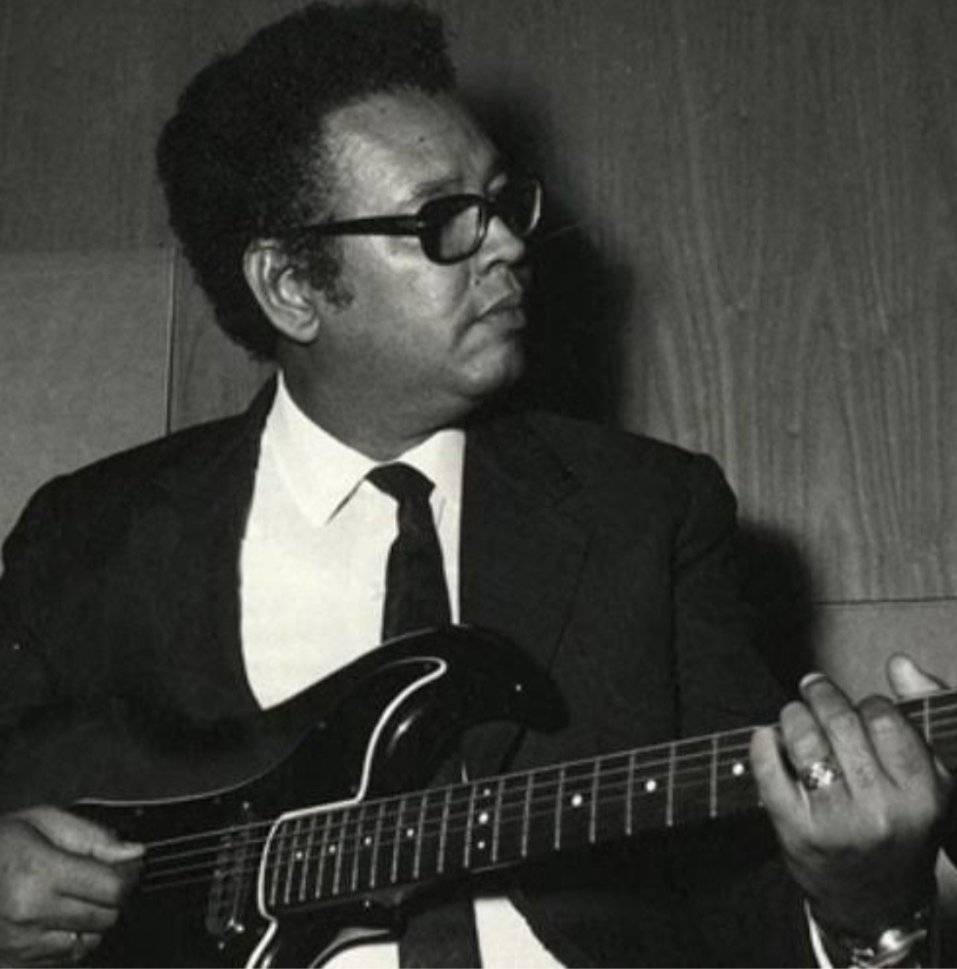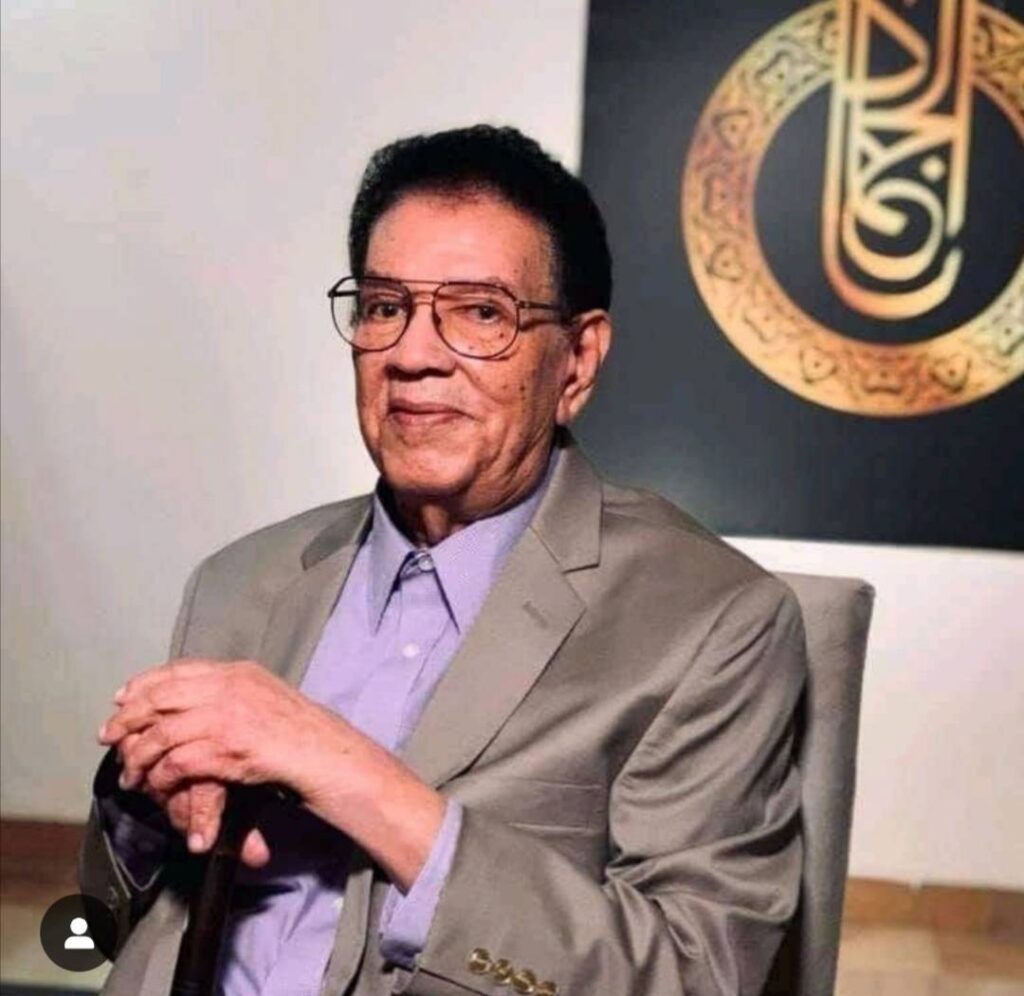Koert Lindijer has been a correspondent in Africa for the Dutch newspaper NRC since 1983. He is the author of four books on African affairs.
For professors it may take long lectures to explain the history of diversity in Sudan, but just one artist explained it better to me in just a few hours I spent with him in 2004 in Khartoum
Abdel Karim al-Kabli, a prominent figure in Sudan, promotes the idea of using art as a solution to the country’s problems. “Our color shades and our culture are unique.” he asserts. When I observe Abdel Karim al-Kabli’s features closely, I notice his fair complexion; milky white skin, his wrinkles, his dyed afro hair. “What do you see, an Arab or an African?” he teases.
“Neither! I have blood from seven ethnic groups running through my veins. I am a real Sudanese. In Sudan you cannot distinguish between Arabs and Africans. Sudanese can be black or brown, even white with blue eyes. Our color shades and our culture are unique.”
Kabli, a renowned figure in Sudanese music since the 1960s, has not only excelled as a musician but also dedicated himself to researching Sudanese folklore. He has advocated for tolerance in his deeply divided country. “My country has never known tolerant leaders who emphasize all cultures,” he sighs.
“We need democratic parties that promote a concept of how to turn this diverse country into one state. If we continue on the current path, Sudan will never get anywhere.” He criticizes the current leaders who “came to power on the back of Islam and use Islamic law, shari’a, to spread fear.” He continues: “This manipulation of religion and the oppression of women pose a significant threat to the world..”

Kabli studied centuries of Sudanese folklore and discovered how multicultural Sudan’s civilization has become. “The mix of traditions has come a long way in a country where 500 languages and dialects are now spoken. Such a colorful mixture creates a beautiful new culture, which is neither Arabic nor African, but Sudanese.” Sudan’s main language is Arabic, but the cultural influence of black Africans also made itself felt. “The mysticism, the rhythm, the fairy tales, they are all of African origin.” The diatonic scale of Sudan’s music is African, not Arabic. “With a lot of sense for life, the music of nature,” Kabli continues. With snapping fingers and the rhythm of his feet, he demonstrates the walking gait of camels. He closes his eyes and camels walk into his home, slowly and then faster. He stops and then demonstrates the rhythm of a fisherman’s oars. “When I start the camel rhythm, even our president starts dancing,” he laughs triumphantly, “it resembles the foxtrot in Europe, the rhythm of the fox hunt.”
The eloquent words of Kabli may describe a picturesque scene, yet the stark reality unveils a country engulfed in internal strife since achieving independence in 1956. Sudan is marked by deep-seated mutual distrust among its various population groups and ongoing conflicts, rather than showcasing the unity of a diverse society. Kabli also attributes this discord to the divide-and-conquer strategies employed by previous administrations, as well as the British colonial policy that separated the black south from the Arabized north. “Because of this lack of integration, many northerners look down on southerners,” he agrees. “We still have a long way to go to settle our differences and make Sudan healthy again.”
Kabli was recently designated as a goodwill ambassador for UNICEF, the United Nations children’s organization. As he approaches the twilight of his life, he is presented with one last chance to articulate his beliefs on the potency of a vibrant fusion of cultures. He advocates an artistic way out of Sudan’s problems.
“Artists are the most sensitive people. They feel the suffering of others more strongly than the victims themselves.” He stops, pain appears on his face. “More artists should come to power, at least they have feelings.”

Abdel Karim al-Kabli, who was born in 1933 in Port Sudan died in 2021 in the USA.
This article previously appeared on December 4, 2004 in NRC-Handelsblad

